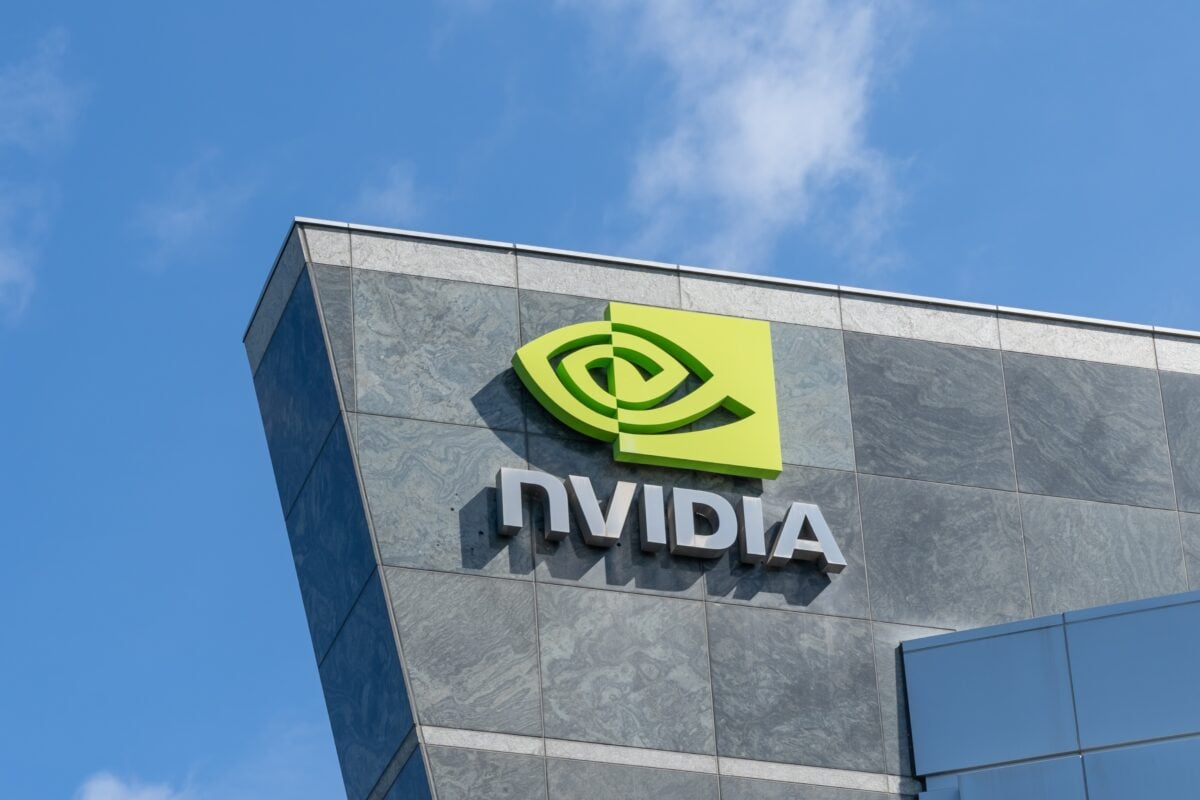TLDRs;
Contents
- Nvidia denies Chinese claims that its AI chips contain backdoors, kill switches, or spyware.
- CAC summoned Nvidia to explain possible vulnerabilities in its H20 processors.
- Company stresses GPUs are used in vital sectors and follow strict U.S. security laws.
- Global chip tensions rise as semiconductors become battlegrounds for tech sovereignty.
Nvidia, the U.S.-based AI chip giant, has firmly denied allegations from Chinese regulators that its latest H20 graphics processing units (GPUs) contain security vulnerabilities.
The claims emerged after China’s Cyberspace Administration (CAC) summoned the company last week for a formal inquiry. The CAC raised concerns that Nvidia’s chips could potentially include “tracking” or “remote shutdown capabilities,” posing a risk to Chinese infrastructure.
In a blog post published August 5, 2025, Nvidia Chief Security Officer David Reber Jr. rejected the accusations outright.
“We do not embed backdoors, kill switches, or spyware in any of our processors,” he wrote. “Introducing such vulnerabilities would undermine global digital infrastructure and erode trust in U.S. technology.”
Security Assurances Amid Geopolitical Surveillance Tensions
The response comes as cybersecurity fears continue to shadow technological supply chains worldwide. In a statement to the South China Morning Post, an Nvidia spokesperson added that the company’s chips do not permit remote access or control by any party, foreign or domestic. The company emphasized that its products are widely used in mission-critical areas, such as healthcare systems, financial services, and scientific research.
Nvidia also pointed out that U.S. law mandates the fixing of hardware vulnerabilities.
“Our responsibility is to secure systems, not compromise them,” Reber stated.
The CAC has not yet released its final assessment, though Chinese state media has linked the probe to broader concerns over digital infrastructure failures, including hypothetical risks during remote surgeries or automotive malfunctions.
Decades of Espionage Create Historical Backdrop for Current Inquiry
China’s investigation into Nvidia’s H20 chips reflects a decades-long concern over cyber espionage and embedded hardware threats.
Incidents such as the 2010 Operation Aurora and the 2012–2015 Office of Personnel Management (OPM) breach by suspected Chinese hackers have heightened global awareness about hardware-based vulnerabilities.
As AI and chip technologies become more deeply integrated into national infrastructure, regulators around the world are demanding deeper transparency and tighter safeguards.
Semiconductors, From Silicon to Strategy
Beyond the immediate technical concerns, Nvidia’s defense highlights the growing geopolitical significance of semiconductors. The U.S. CHIPS Act and the formation of the Chip 4 Alliance have solidified semiconductors as critical national assets, not just commercial products. With $53 billion in federal incentives and nearly $450 billion in private investment, Washington aims to reduce reliance on foreign chip production, specially in light of rising competition with Beijing.
Export controls from the U.S. have already restricted China’s access to advanced AI chips, prompting the country to accelerate its domestic chip development efforts. This makes the Nvidia-CAC standoff as much about tech sovereignty as it is about security assurance.
As tensions escalate, Nvidia’s public denial underscores the complex intersection of hardware integrity, national security, and global competition shaping the future of AI.


